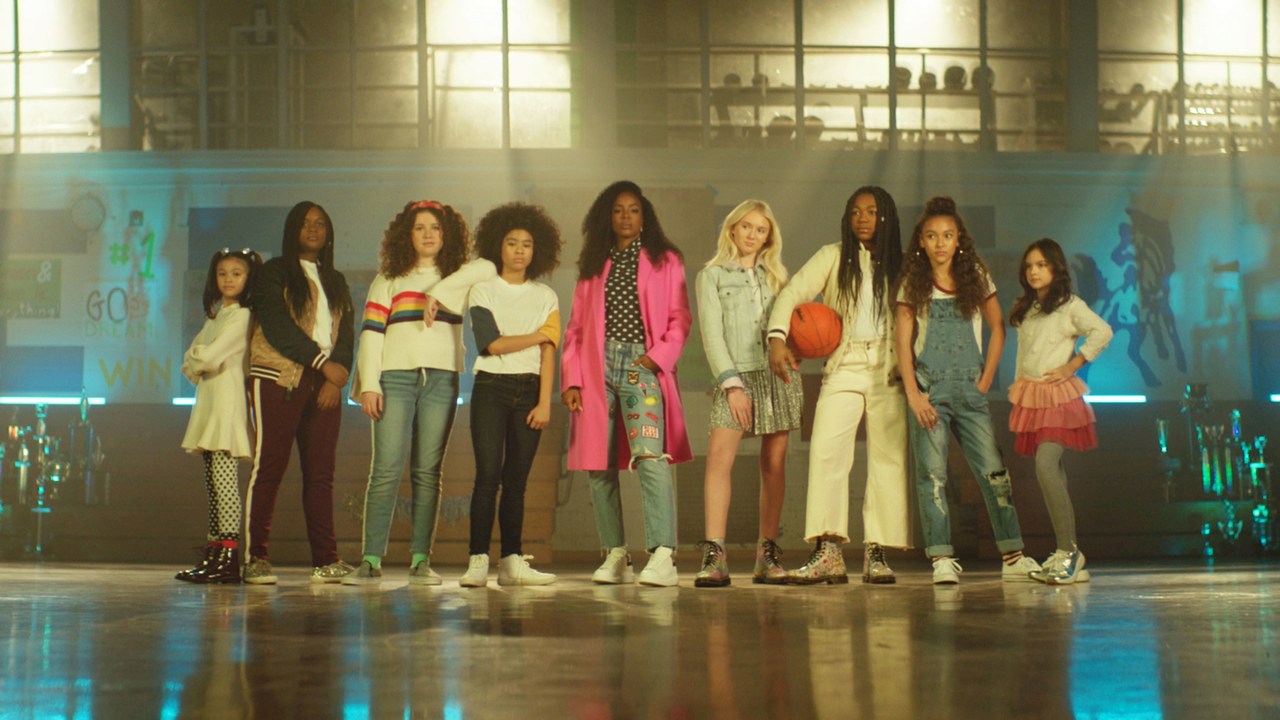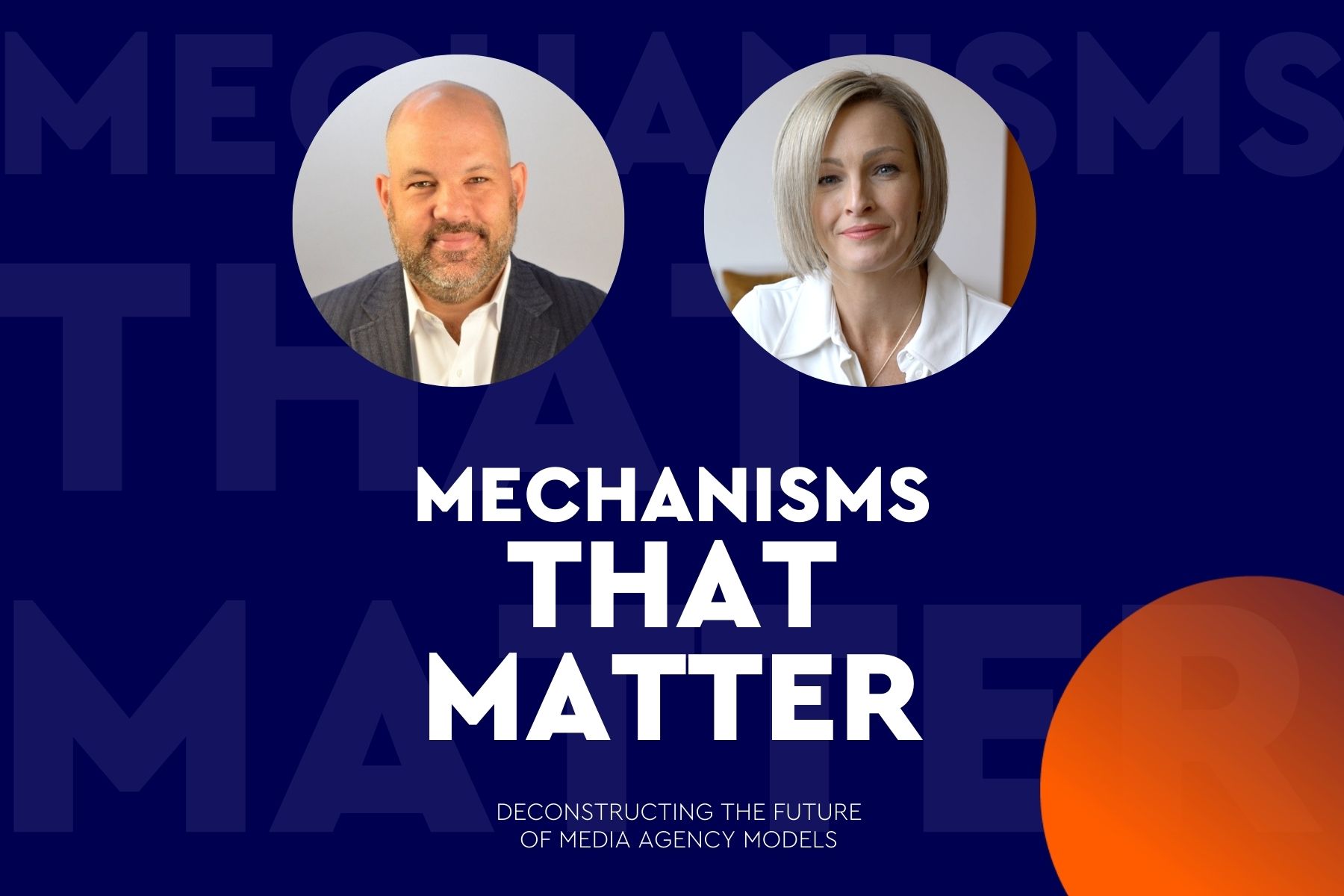
Inclusive Marketing
How brands can give a voice to everyone
We live in a time of seismic societal change and brands are responding. They are shifting how they market to consumers by challenging the stereotypical portrayals of beauty, gender and ethnicity that we've grown used to.
For WPP, being inclusive is a core part of our business strategy and vision to be a creative transformation company with the purpose of building better futures for our people, clients and communities.
We understand the power of creative campaigns: they influence what we consume, but also shape our aspirations. Beautifully-conceived and executed campaigns paint a vivid picture of the world we live in and the world we want for future generations.
The commercial case
Kantar’s Purpose 2020 research shows purpose is good for business and helps make marketing communications more meaningful. Centennials and millennials in particular (61% of each group, but also 53% of those in middle age) agree that they “like brands that have a point of view and stand for something”.
On the issue of diversity and inclusion in particular, evidence suggests that brands promoting gender-balanced marketing are worth £774 billion more than brands that do not. Unilever has found that progressive ads seeking to change the norm with regards to stereotypes deliver a 28% uplift in purchase intent and were deemed 35% more enjoyable by consumers.
With competition fiercer than ever in many of the sectors our clients operate in, brands are looking for ways to build stronger connections with their consumers.
The secret sauce
The marriage of business strategy, inclusivity and creativity is the key to winning. That’s why creating an inclusive and diverse workforce needs to start at the top with the CEO and the Board of Directors holding the organization accountable for progress. Next, you need a culture that truly embraces differences and is open to change. Finally, you need to be aware of unconscious bias, so that all employees have the right conditions to achieve their potential.
At WPP, I’m proud that our CEO, Mark Read, leads by example and is holding his new leadership team accountable to lean in and embrace our values of openness, optimism and extraordinary work.
Inclusive campaigns
We have a real opportunity to bring about positive change. This is why we are working in partnership with our clients to ensure their campaigns reflect the diversity of society, not only in terms of gender or skin color, but also age, geography, socio-economic background, abilities and sexuality.
Ogilvy: Dove
We worked with Unilever and the singer Kelly Rowland to create a “beauty anthem”. This Ogilvy campaign for Dove includes Crown, a brand-new uplifting song by the singer featuring a catchy chorus, meaningful lyrics and a contagious beat. Most importantly it is designed to instill in the next generation of girls the confidence to stand up when discriminated against because of their hair type.
Grey: Gillette
We're also creating campaigns that spark conversations. When Grey turned Gillette’s Best a Man Can Get slogan on its head last year to question what “best” means for men in 2018, it started a global discussion. The ad showed men engaging in stereotypically “manly” activities but then challenged them to think about what a better version of themselves would do, such as stepping in to correct the sexist behaviour of peers.
Possible: Tommy Adaptive
We're working on campaigns that give under-represented groups a voice. Although one in five people in the world have a disability, a fashion line with their specific needs in mind had never been created until Possible and visually-impaired director James Rath worked with Tommy Hilfiger to create Tommy Adaptive and its campaign.
We know there is more that we, and industry, must do. I joined WPP because I believe we’re in a unique position to lead this positive change for our industry. When I see the progress that has already been made over the last few years I am optimistic about what further influence we can have, and the creative campaigns we can help inspire when everyone has a voice.
published on
01 July 2019
Category
More in Communications

Rebranding cancer: how brands heal and hurt
Along with consumer brands, the ‘brand’ of condition or event influences us.

Mechanisms that Matter – Inside WPP | Ford’s revolutionary marketing model
How a process created on the factory floor over 70 years ago has transformed ops for the auto giant

How to build your brand in-game
A new research report from WPP and SuperAwesome

